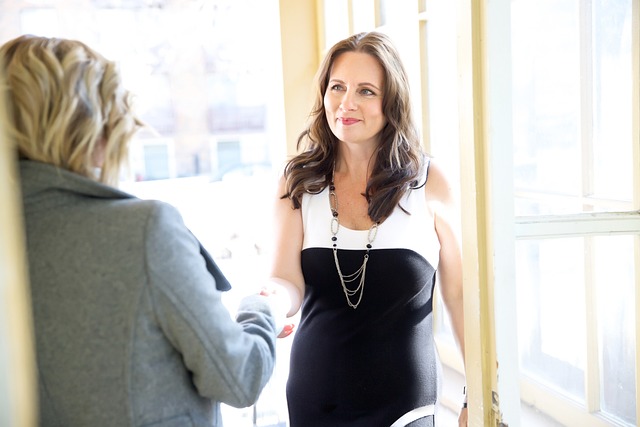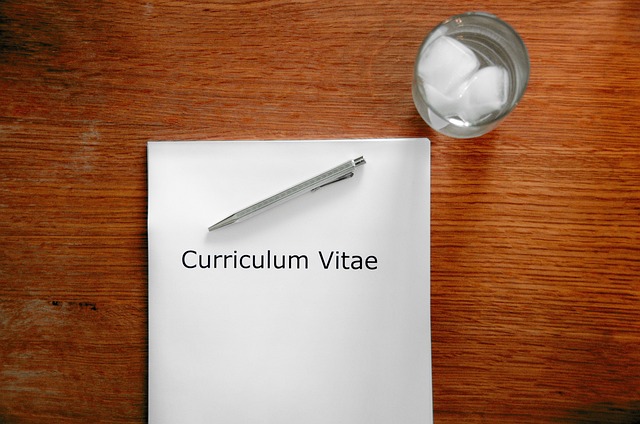Particularly if it’s your first interview, significant tension and anxiety circumstances might arise during interviews. A little planning and practice never hurt anyone. Even though we can’t predict exactly what a potential employer would ask, here are 20 typical interview questions and tips on how to respond to them. The queries comprise:
1. Tell me about yourself
Your interviewer will want to know about your experience and education. How long have you been working in this field? What kind of positions have you held? How did these positions prepare you for the one that’s coming up now?
Sample Answer
Hey! My name is John Doe, and I have been employed as a business analyst by Companies X and Y for more than five years.
I have some experience in data analysis. I’ve done some amazing things throughout my career. For instance, I oversaw a project at Company X to move all operations data to a new data warehousing system to save expenses. As a result of the new solution’s superior fit for our company, we were finally able to save up to $200,000 yearly.
2. What do you know about the company?
The interviewer wants to know how much you know about the company, its products and services, and what makes it different from other companies in the same industry.
Sample Answer
Well, I am aware that your business is among the biggest in [town/state/country]. Company X is frequently mentioned in the press, and I’ve heard that you have a portfolio that includes numerous burgeoning biotech firms as well as investments in some of the hottest tech IPOs.
Because of [Y Reason], I was extremely intrigued by your most recent investment in [Startup X].
3. Why do you want to work here?
Interviewers want to know why the candidate wants to work at their company. They want to know if they are passionate about what they do and how they will fit into the team culture.
Sample Answer
I could use my talents and knowledge to help the firm succeed here. I’m passionate about helping this organization succeed. This work also allows me to apply my knowledge and experience in a useful way.
4. What are your strengths?
An interviewer asks this question to discover your abilities and how they might benefit their firm. They may also need aid with a business initiative.
Sample Answer
I work well under pressure. I can make good judgments in a pinch.
As Company X event managers, we organized a client IT conference. The food provider was late for lunch and some speakers canceled. Due to two ill volunteer organizers, we were understaffed. Things looked so bad that we considered canceling or delaying the event. Instead, I tackled each issue.
5. What are your weaknesses?
The interviewer wants how you handle pressure and stress. If you can’t answer honestly, you may not be qualified for this position.
Sample Answer
As a recent graduate, my biggest weakness is my lack of work experience.
I’ve worked on a dozen university software projects, but never with an experienced agile team. I’ll work hard to catch up.
6. Do you have any hobbies besides your job?
The interviewer is interested in your hobbies so that they can see if you have any interests outside of work. If you enjoy doing something outside of your job, it shows that you’re not just focused on the job itself.
Sample Answer
I love sports. Staying active helps me concentrate and work. Over the past two years, I’ve tried trekking, archery, and fencing.
7. Tell us about a project you worked on.
This question is meant to get an idea of how you handle projects.
Sample Answer
In my previous position, I was a sales development representative and we were introducing a new product at the time. In the midst of this, my manager came up to me and three of my coworkers and asked us to embark on a project looking into potential customers with whom we might market the new product.
8. What is your greatest accomplishment?
The interviewer wants to see how you think and what kind of problem-solving skills you have. It can also help them get a sense of whether or not you are a people person or more comfortable working alone.
Sample Answer
I recall leading a five-person team to accomplish a project on schedule. Working with minimal resources and tight timelines was difficult. We succeeded with careful preparation and hard labor. This event taught me the value of cooperation and improved my leadership abilities.
9. What do you think was your worst mistake?
The interviewer wants to know how you handled it and what made it hard. They want to determine if the firm might have succeeded without any obstacles.
Sample Answer
I was in charge of communicating with significant clientele and comprehending their needs. As a novice, I did not focus much on the project’s specifics. I instead concentrated only on my morals and discipline. I failed to listen well, which cost me one of the organization’s most important initiatives.
10. How do you handle criticism?
If an interviewer asks this question, they’re probably trying to get an idea of how much self-confidence and empathy you have when handling negative feedback from others.
Sample Answer
I will listen to constructive criticism, be nice, and thank the person, then evaluate their intentions and think about how I may improve.
11. What have you done to increase your knowledge in the last year?
This question is meant to get an idea of your commitment to self-improvement.
Sample Answer
Last year, I resolved to read one book a month to learn. I planned twelve books on my field, the industry, personal growth, politics, history, and leadership.
12. What would you do if you disagreed with your boss?
This question is meant to get an idea of how you handle conflicts in the workplace.
Sample Answer
If I disagree with my boss, I should first consider the situation, assess the evidence, and then respectfully and impartially present my perspective. I also promise to behave professionally and find a solution.
13. What motivates you?
The interviewer wants to know what motivates you to do your best and how that can benefit the company.
Sample Answer
I like challenges and achieving goals. I’m very motivated by the results. Having helpful mentors and coworkers who value my work also motivates me.
14. Why did you leave your last job?
This question is often asked because the interviewer wants to know more about the reasons behind your decision and how it affected you.
Sample Answer
I quit because I didn’t see professional progression. “My employment prevents me from taking on more.” I want a job that uses all my skills because mine doesn’t.
15. What is your greatest weakness in this position?
This question is meant to get an idea of your self-awareness.
Sample Answer
I like to go to work prepared and with a clear strategy in mind. This occasionally works against me since it’s difficult to constantly be ready. I often take on too many projects at once, which is another flaw. This occasionally compromises the caliber of my work.
16. What do you think makes you different from other candidates?
This question helps determine if your talents match the team’s demands and if you’ll fit in. They ask this to gauge your professional self-esteem.
Sample Answer
My intellectual curiosity and will to learn set me apart from other applicants. Hiring managers seek enthusiastic candidates who desire to learn more. I’m determined to find new solutions.
17. How would you handle a difficult customer?
The interviewer wants to know how you would use your customer service skills to handle the situation professionally.
Sample Answer
I’d handle difficult customers gently. I like listening to and gently addressing their concerns. I would listen and help. I’d involve bosses or teammates if needed. I strive to please customers.
18. How do you handle competing priorities?
The interviewer wants to know how you efficiently manage your time and set priorities.
Sample Answer
Being organized and prepared helps me manage competing priorities. I prefer to list and prioritize tasks. I divide my work into smaller parts so I can focus on one at a time once I know what has to be done. This helps me focus and multitask.
19. What would you do in the first month on the job?
The interviewer will want to know how you would set up your workspace and how much time you would spend in each department. They also want to know if any major projects need completion before starting work on another project or client.
Sample Answer
I must demonstrate my knowledge of the company’s aims, objectives, and culture. I’d start by learning the team’s roles. Attending meetings, asking questions, and understanding teamwork are required.
20. Which kind of workplace do you prefer?
The interviewer asks this question because they want their candidates’ own opinions on the matter; this allows them to get a better understanding of what kind of person would fit into the organization’s culture best!
Sample Answer
I prefer a collaborative-competitive setting. I appreciate working with people and learning from them while challenging myself and achieving greatness. I want a career that balances both.
21. Do you have any questions for me?
This is your chance to show the interviewer that you have done your research and ask any questions that you may have.
Sample Answer
Yes, I want to know something more about my position in your company.
- Could you elaborate on the daily duties associated with this position?
- What would you like me to accomplish in my first two months if I were employed for this position?
- When will I get my first official evaluation?
- What one factor is, in your opinion, the most crucial to success in this position?



